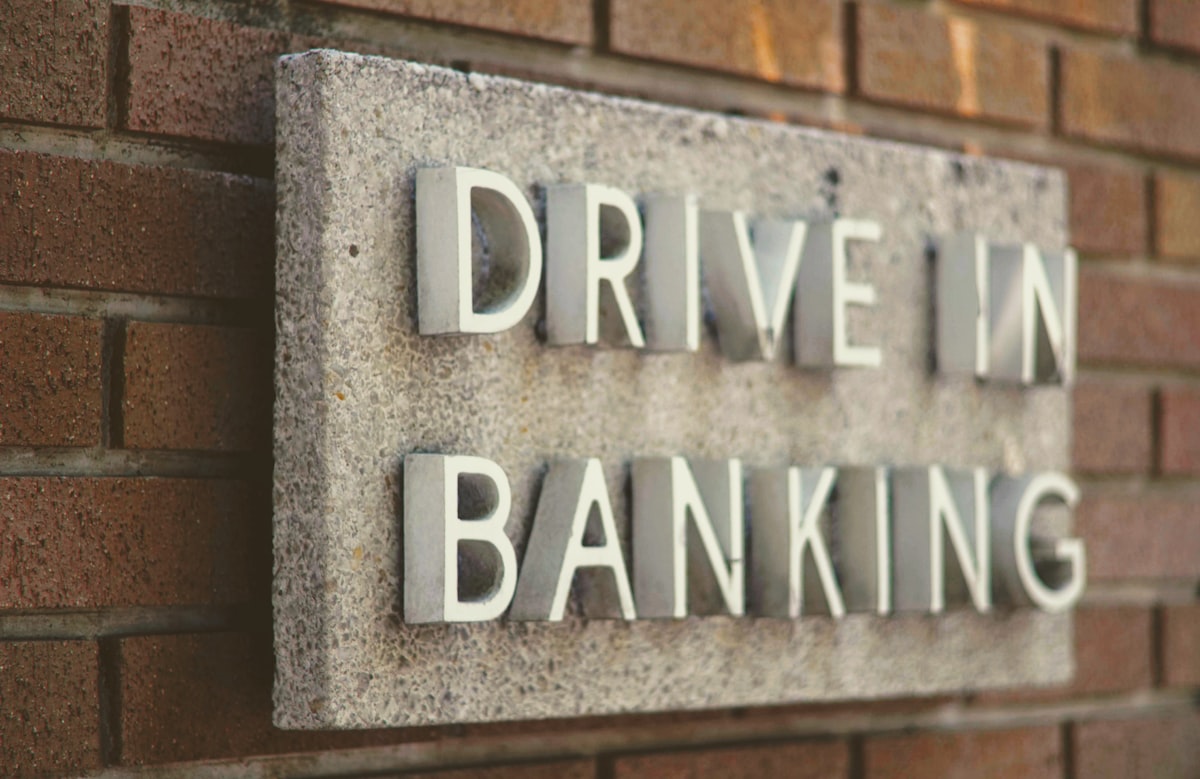With AI and mobile banking, can cooperative banks in the Philippines finally make the leapfrog we have often talked about?
First, let's talk about the exciting world of digital banks and how they're flexing their AI muscles in the Philippines. If you're wondering what's giving them the edge over traditional banks, well, sit tight because we're about to dive into some fascinating insights.
First off, let's give credit where credit is due. The Bangko Sentral ng Pilipinas (BSP) has paved the way for digital banking innovation by licensing several players to operate in the country. Some of the notable digital banks that have received the BSP nod include ING, CIMB, and Tonik.
These banks aren't just your regular brick-and-mortar financial institutions; they're the cool, tech-savvy cousins that bring a fresh breeze to the banking landscape.
As of August 2023, there are 6 digital banks licensed by the Bangko Sentral ng Pilipinas (BSP) in the Philippines. They are:
- Tonik Digital Bank (TONDB): Majority-owned by Singapore-based conglomerate JG Summit Holdings, Inc.
- Maya Bank (MAYA): Majority-owned by Ant Group, a Chinese financial technology company.
- Overseas Filipino Bank (OFBank): A digital bank subsidiary of state-owned Land Bank of the Philippines (LANDBANK).
- UNObank (UBI): Majority-owned by conglomerate San Miguel Corporation.
- UnionDigital Bank (UDB): A digital bank subsidiary of UnionBank of the Philippines.
- Gotyme Bank (GTYME): Majority-owned by the Gokongwei Group, one of the largest conglomerates in the Philippines.
The BSP has set a minimum capitalization requirement of PHP 1 billion for digital banks. The digital banks are also subject to the same prudential regulations as traditional banks, such as capital adequacy, liquidity, and risk management requirements.
The BSP has licensed digital banks as part of its efforts to promote financial inclusion and digitalization in the Philippines. Digital banks are expected to provide convenient and affordable financial services to underserved and unbanked Filipinos.
So, what's the deal with AI and why are digital banks rocking it? It all boils down to the nature of these digital disruptors.
Unlike traditional banks, which often have legacy systems and bureaucratic hurdles to navigate, digital banks are born in the digital age. This gives them a massive advantage when it comes to integrating and incorporating AI into their operations.
Let us count the ways:
- Agility: Digital banks can pivot and adapt quickly. They're not weighed down by outdated systems that require extensive revamps. This agility allows them to implement AI solutions faster and more effectively.
- Data-Driven Approach: Digital banks inherently deal with digital transactions, which means they have a goldmine of data at their fingertips. AI thrives on data, and digital banks can use this data to gain deep insights into customer behavior, spending patterns, and much more. This insight can be used to offer personalized services and make smarter business decisions.
- Customer-Centricity: Digital banks are all about the customer experience. AI can be leveraged to create chatbots for instant customer support, personalized financial advice, and even fraud detection systems that learn from patterns. This personalized touch is a game-changer.
- Cost Efficiency: Traditional banks often have large overhead costs. Digital banks, on the other hand, can optimize operations through AI, reducing costs and passing on the benefits to customers.
Now, let's talk about cooperative banks. These community-focused institutions play a vital role in the Philippines, especially in rural areas. While they might not have the same resources as big banks, they can still harness the power of AI to transform and thrive.
To do this, cooperative banks can take a strategic approach:
- Collaborate: Just because they're smaller doesn't mean they can't join forces. Cooperative banks can collaborate on AI initiatives, sharing resources and knowledge.
- Start Small, Scale Fast: Begin with AI pilot projects in specific areas like customer service or fraud detection. Once you see positive results, scale up.
- Leverage Existing Platforms: Cooperative banks can explore partnerships with fintech companies to access AI solutions without building everything from scratch.
- Education: Invest in training your team about AI. It's not just about the technology; it's about understanding how it can improve operations and customer satisfaction.
- Business Models to Emulate: Look at successful digital banks for inspiration. The subscription-based model, where customers pay a fixed fee for premium services, is one approach. Another is the "freemium" model, offering basic services for free and charging for advanced features.
In conclusion, the digital banking revolution in the Philippines is in full swing, and AI is the fuel that's propelling it forward. While traditional banks may have to navigate a more complex journey to fully integrate AI, digital banks and cooperative banks have the unique opportunity to reshape the future of banking in the archipelago.
So, whether you're a digital banking enthusiast or a cooperative bank advocate, it's an exciting time to be part of this financial evolution. Stay tuned, because the best is yet to come! 🚀🌟


